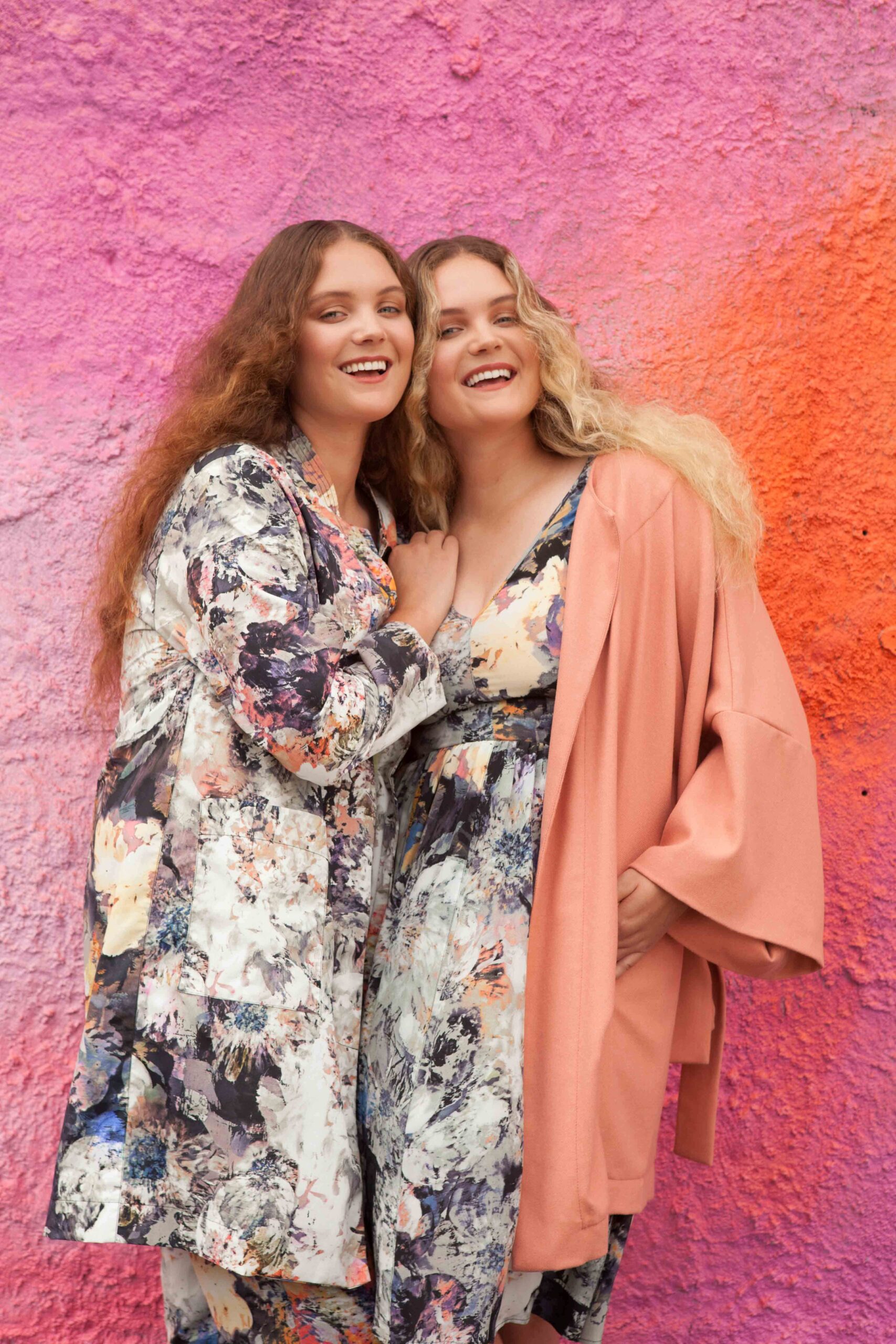For most of us, chocolate is another word for indulgence. We take a closer look at the beloved cocoa bean.

It’s our favourite sweet treat, afternoon pick-me-up or late-night indulgence. Even better, experts tell us that getting our dark chocolate fix is not only good for the heart, but cheers us up. According to recent research published in the Chemistry Central Journal, chocolate is a rich source of antioxidants, plus it contains highly beneficial polyphenols and flavanols. There’s more of these than you’ll find in fruit juice. Antioxidants or not, ask your typical Kiwi kid and they’ll agree the Easter Sunday chocolate feast is a high point of autumn.
Chocolate is rich, dark and deliciously sweet, but if you look behind the shiny wrapper, the story isn’t so palatable. The average Easter egg begins life on a cocoa plantation in West Africa. Together, Ghana and the Ivory Coast produce three-quarters of the world’s cocoa beans and about 10 million people rely on the industry to survive. Once harvested, the raw cocoa beans are usually shipped to a foreign processing plant. Many cocoa workers never see the end results – or the profits – of their labour.

Cocoa prices are currently at a 45-year high, but most of the profits are absorbed by the middlemen in the manufacturing and marketing chain. What’s more, too many of the world’s marginalised cocoa workers are kids. Research by the International Institute of Tropical Agriculture estimates there are almost 300,000 children under 12 working on cocoa plantations, many in hazardous conditions. Some of these children are the victims of child trafficking. In 2009, a two-day sting by Interpol rescued 54 children who had been sold to plantation owners. These children aren’t paid, and they don’t get the chance to attend school.
Fairtrade organisations worldwide are working to wipe out these exploitative practices. The slightly higher cost of Fairtrade chocolate ensures cocoa growers are paid a fair wage, and the system functions so that if the price of cocoa rises, growers receive the extra profits. In addition, cocoa co-operatives also receive an extra lump sum, called the Fairtrade premium, which they can choose to spend wherever it’s needed.

“We make sure there’s a democratic system in place and everyone has a say,” explains Steve Knapp, chief executive of Fairtrade Australia and New Zealand. “Co-operatives use the premium to buy text books – or build a schoolhouse. One group I visited bought an ambulance. It’s about empowering people to take control of their lives.”
And the good news is that the Fairtrade concept is catching on. New Zealand sales of Fairtrade chocolate soared by a massive 1625 percent in the last year. According to research by Colmar Brunton, just over half of Kiwis now recognise the Fairtrade label.
Are you a chocoholic with a conscience? The more demand there is for Fairtrade chocolate, the more choices we’ll have in store. In the last few years alone, two of the largest Kiwi chocolate manufacturers have introduced Fairtrade products. But there’s still a battle to be fought – though surging in popularity, Fairtrade represents only a small percentage of global chocolate sales.
How can you help? Steve suggests switching over to Fairtrade chocolate in your workplace or community group. The potential benefits are huge. “Buying Fairtrade chocolate means you’re supporting the eradication of child labour in the cocoa industry,” he says.
And what’s sweeter than that?
Fairly delicious
•All Trade Aid chocolate is organic and Fairtrade certified; the online store also offers Fairtrade sugar and cocoa. www.tradeaid.org.nz
• All Scarborough Fair products are Fairtrade certified, including a range of Easter eggs. www.scarboroughfairfoods.co.nz
• Christchurch-based Cakes with a Conscience creates delectable chocolate dipped dates and rocky road (above). www.cakeswithaconscience.co.nz
• The organic bliss balls from Kokako are a natural treat, with Fairtrade cocoa, figs, sultanas and seeds (above). www.kokako.co.nz
• Most of Green and Black’s organic chocolate range is Fairtrade certified, with the company aiming for certification on all products by 2012. www.greenandblacks.com/nz
• Whittakers’s Creamy Milk bar and nine products from Cadbury’s Dairy Milk range, as well as a new Easter egg. are Fairtrade certified. www.cakeswithaconscience.co.nz, www.cadbury.co.nz





